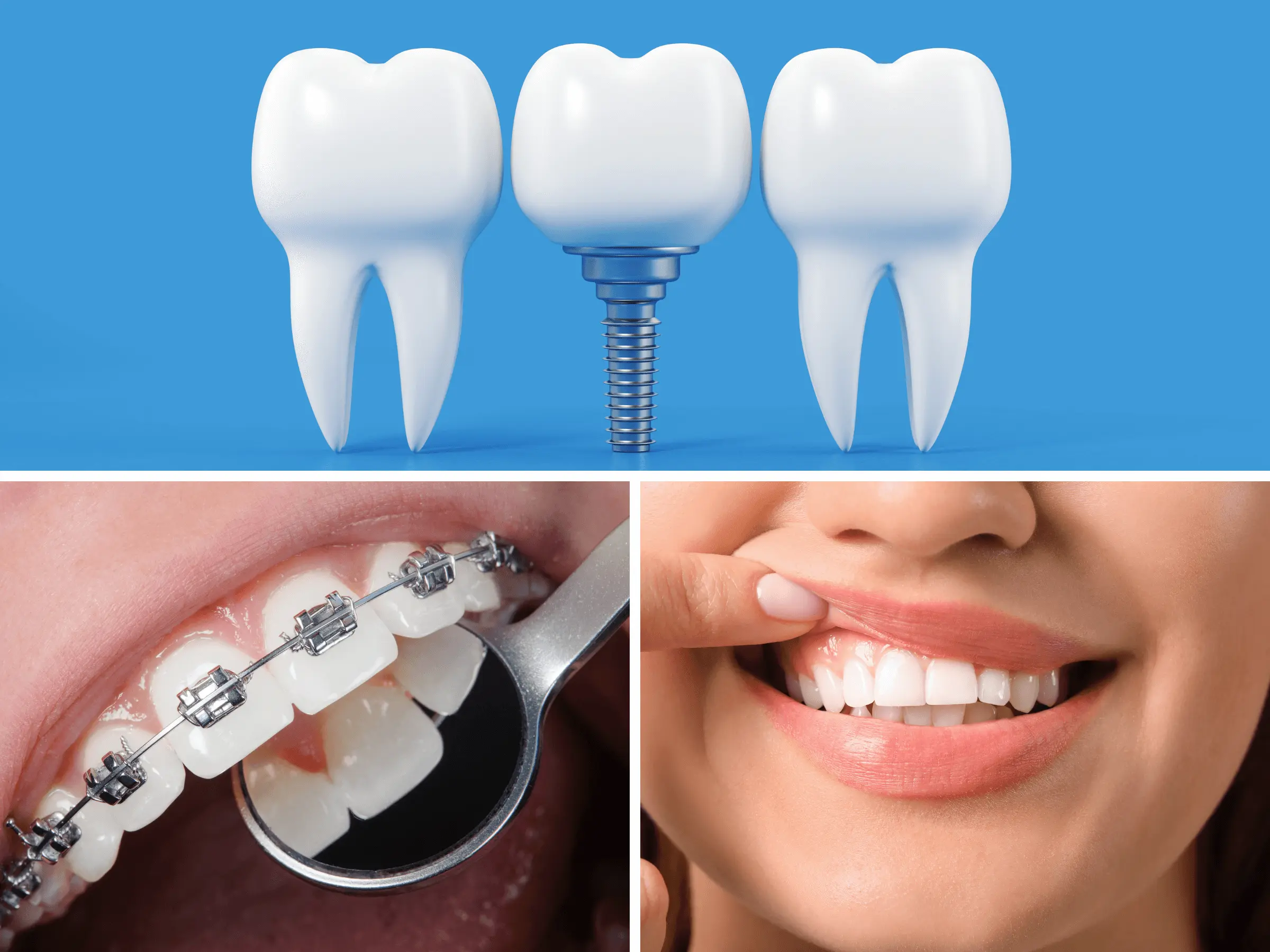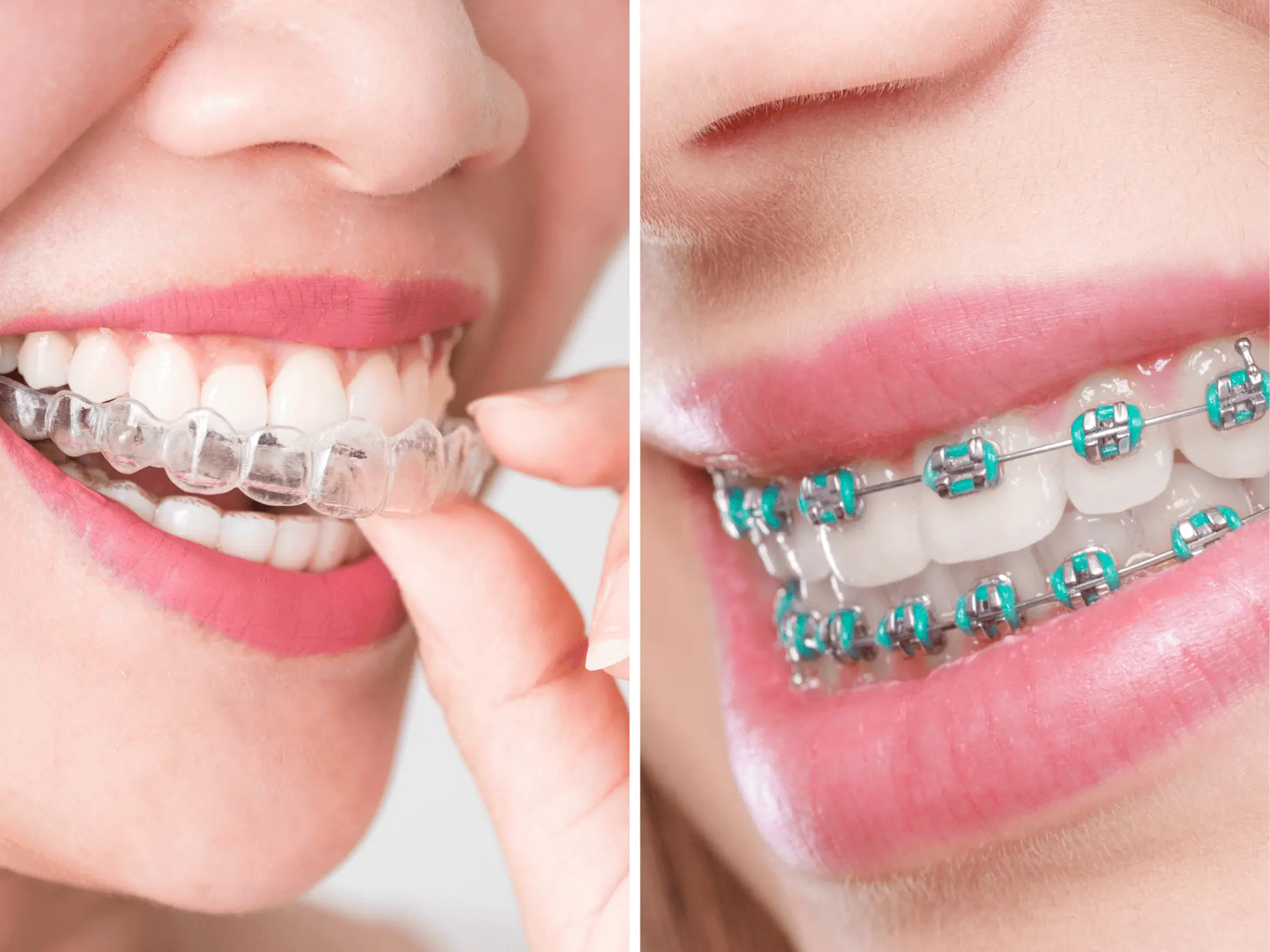Dental care is an essential aspect of overall health that is often overlooked. Our oral health can have a significant impact on our overall well-being, including our ability to eat, speak, and smile confidently. In this article, we will discuss the importance of dental care, what it involves, and how to maintain good oral health.

The Importance of Dental Care
Dental care is critical in preventing dental problems such as cavities, gum disease, and bad breath. Regular dental check-ups and good oral hygiene habits can help maintain healthy teeth and gums, preventing the need for more extensive and expensive dental treatments down the line.
What is Dental Care?
Dental care encompasses all the activities involved in maintaining good oral health, including regular dental check-ups, proper oral hygiene, and a healthy diet. It also includes preventative measures such as fluoride treatments and dental sealants.
What Does it Involve?
Dental care involves regular dental check-ups, which typically include a dental cleaning, examination, and X-rays if necessary. A dental hygienist will remove plaque and tartar buildup, and a dentist will check for cavities, gum disease, and other dental issues.
Maintaining Good Oral Health
Good oral health is essential for overall health and well-being. It involves taking care of your teeth and gums through proper oral hygiene, a healthy diet, and regular dental check-ups.
Tips to Maintain Good Oral Health
Some tips for maintaining good oral health include brushing your teeth twice a day, flossing daily, using mouthwash, and avoiding sugary and acidic foods and drinks. Additionally, it is crucial to schedule regular dental check-ups and cleanings to prevent dental problems from developing or worsening.
Effects of Poor Oral Health
Poor oral health can have several negative effects, including bad breath, tooth decay, gum disease, and even oral cancer. Poor oral health has also been linked to other health problems such as diabetes and heart disease.
Common Dental Problems
Some of the most common dental difficulties include cavities, gum disease, bad breath, and oral cancer.
- Dental cavities are caused by bacteria that produce acid, which erodes tooth enamel. If left untreated, cavities can cause tooth decay and even tooth loss.
- Gum disease is an infection of the gums that can lead to tooth loss if left untreated. It is caused by bacteria that accumulate on the teeth and gums, leading to inflammation and eventually infection.
- Bad breath can be caused by poor oral hygiene, gum disease, or other health difficulties. It can be embarrassing and may negatively impact social and professional relationships.
- Oral cancer can occur in any part of the mouth, including the tongue, lips, and throat. Early detection is crucial for successful treatment.
Preventative Measures
Preventative measures can help prevent dental issues and maintain good oral health. Some preventative measures include regular dental check-ups, proper oral hygiene, fluoride treatments, and a healthy diet.
Regular Dental Check-ups
Regular dental check-ups are essential for maintaining good oral health. They allow dental professionals to detect and treat dental problems early, preventing them from becoming more severe and expensive to treat.
Oral Hygiene Routine
A good oral hygiene routine includes brushing your teeth twice a day, flossing daily, and using mouthwash. Proper oral hygiene can help prevent cavities, gum disease, and bad breath.
Fluoride Treatments
These treatments can help prevent cavities by strengthening tooth enamel. Fluoride can be applied to the teeth during a dental visit or through fluoridated water or toothpaste.
Healthy Diet
Eating a healthy diet that is low in sugar and acidic foods and drinks can help maintain good oral health. It is also essential to drink plenty of water to flush away food particles and bacteria in the mouth.
Treatment Options
If dental problems do occur, several treatment options are available, depending on the severity of the issue. These options include dental fillings, root canals, gum surgery, and orthodontics.
Dental fillings: are used to repair teeth damaged by decay or trauma. The decayed or damaged portion of the tooth is removed, and a filling material is used to fill the cavity.
Root canals: are used to treat infections in the pulp of the tooth. The infected pulp is removed, and the tooth is sealed to prevent further infection.
Gum surgery: may be necessary to treat severe cases of gum disease. The goal of gum surgery is to remove bacteria and plaque buildup, reduce inflammation, and prevent tooth loss.
Orthodontics: these treatments are used to straighten teeth and correct bite issues. Braces and aligners are commonly used to achieve the desired results.
Dental Care for Children
Dental care is crucial for children, as it helps ensure proper tooth development and prevent dental problems later in life.
- Importance of Dental Care for Children
Children who receive regular dental care are more likely to maintain good oral health as they grow older. Additionally, regular dental check-ups can detect and treat dental problems early, preventing them from becoming more severe. - When to Start Dental Care for Children
Dental care should begin as soon as a child’s first tooth appears, typically around six months of age. Regular dental check-ups should be scheduled every six months to monitor the child’s dental development and prevent dental issues. - Preventative Measures for Children
Preventative measures for children include proper oral hygiene, a healthy diet, and fluoride treatments. Additionally, dental sealants may be used to protect the chewing surfaces of the back teeth from cavities. - Common Dental Problems in Children
Common dental concerns in children include cavities, gum disease, and misaligned teeth. Regular dental check-ups can help prevent these difficulties and ensure proper tooth development.
Dental Care for Seniors
Dental care is important for seniors, as age-related changes can lead to dental difficulties such as tooth loss and gum disease.
- Importance of Dental Care for Seniors
Seniors who receive regular dental care are more likely to maintain healthy teeth and gums, improving their ability to eat and speak comfortably. Additionally, good oral health can help prevent other health issues, such as heart disease and pneumonia. - Age-Related Dental Problems
Seniors may experience age-related dental problems such as dry mouth, gum disease, and tooth decay. Regular dental check-ups can help detect and treat these concerns early, preventing more severe dental issues. - Preventative Measures for Seniors
Preventative measures for seniors include proper oral hygiene, a healthy diet, and regular dental check-ups. Seniors may also benefit from fluoride treatments and dental sealants. - Treatment Options for Seniors
Treatment options for seniors may include dental implants, dentures, and gum surgery. These options can help restore the appearance and function of the teeth and gums.
Cost of Dental Care
Dental care can be expensive, but the cost of neglecting oral health can be even higher. Preventative measures such as regular dental check-ups and good oral hygiene habits can help reduce the need for more expensive dental treatments.
Why Dental Care Can Be Expensive
Dental care can be expensive due to the cost of equipment and materials, as well as the time and expertise required to perform dental procedures.
Importance of Dental Insurance
Dental insurance can help reduce the cost of dental care by covering routine dental check-ups and some dental procedures.
Tips to Reduce Dental Care Costs
Some tips to reduce dental care costs include maintaining good oral hygiene, scheduling regular dental check-ups, and taking advantage of dental insurance plans. Additionally, some dental clinics and community health centers offer discounted or low-cost dental services for individuals with limited financial resources.
Conclusion
Maintaining good oral health is essential for overall health and well-being. Regular dental check-ups, proper oral hygiene, and a healthy diet can help prevent dental problems and promote good oral health. For children and seniors, dental care is particularly important as it can help prevent dental problems and improve quality of life. While dental care can be expensive, the cost of neglecting oral health can be even higher. By taking preventative measures and utilizing dental insurance plans, individuals can help reduce the cost of dental care and ensure good oral health for years to come.


